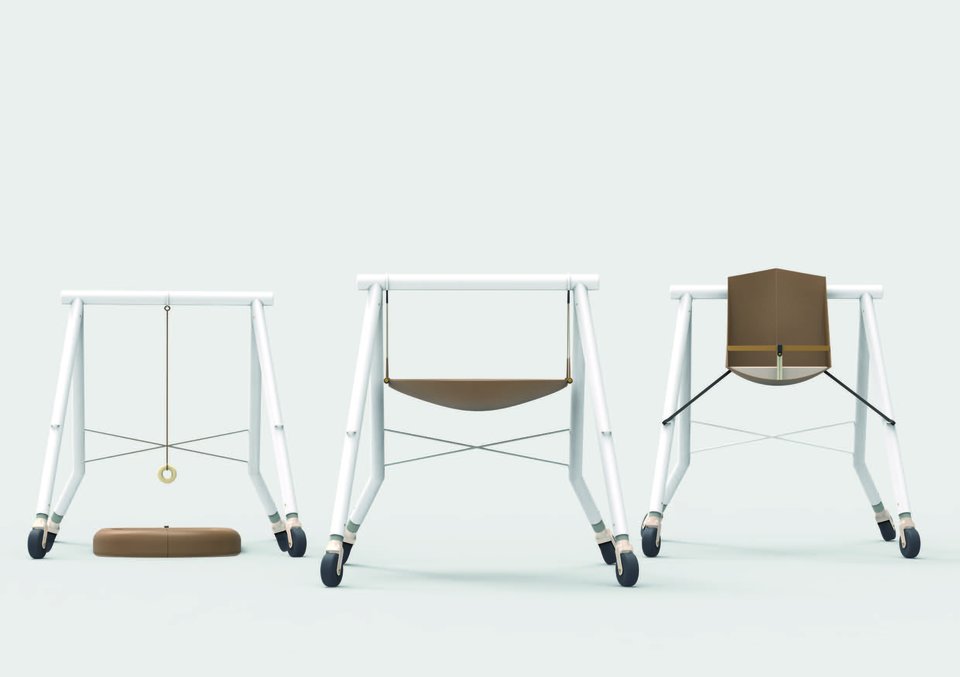In collaboration with Philips, the student team Levo Design developed the concept of a product that applies 3D scanning technology to enable low educated people to do a reliable, accurate, comfortable, and rapid assessment to indicate all three types of malnutrition. The product and workflow designed allows Community Health Volunteers in East Africa to indicate malnutrition amongst children of 0-5 years old. The design facilitates the access to health coverage across countries like Kenya, where health facilities are located more than 5km away from the communities they should attend.
The project was divided into four different phases. In the first phase, a brief analysis was conducted on the strategic side of the product, on Kenya and its culture, on the current procedures and on the possibilities and limitations of 3D scanning for the context and application chosen. To come to a concept that is suitable for the context, the potential users in Kenya were directly involved in the design process during multiple co-creation sessions.
Joint master project
Student
Alaitz Izaguirre
Astrid van Smoorenburg
Inge Bartels
Elisa Mesland
Coaches
Annemiek van Boeijen
Jan Carel Diehl
Pavan Dadlani
Nies Buning
Company
Philips
The final concept consists of several solutions. A device with an integrated 3D scanner to take different measurements like malnutrition, dehydration and temperature. Furthermore, a vest and a tray, to position the child while making the scan since the positioning is fundamental to the accuracy of the measurement. The vest is a people-oriented solution, for the child is carried by the mother. In this way, they are close together, making it comfortable and familiar for both of them.
The tray is the technology oriented solution. The children are most restricted in their movements improving the accuracy of the measurement. A cultural element was taken into account when designing the tray, a Kanga is a piece of decorated thin cotton cloth used among other things to carry babies strapped to the back by Kenyan women.


